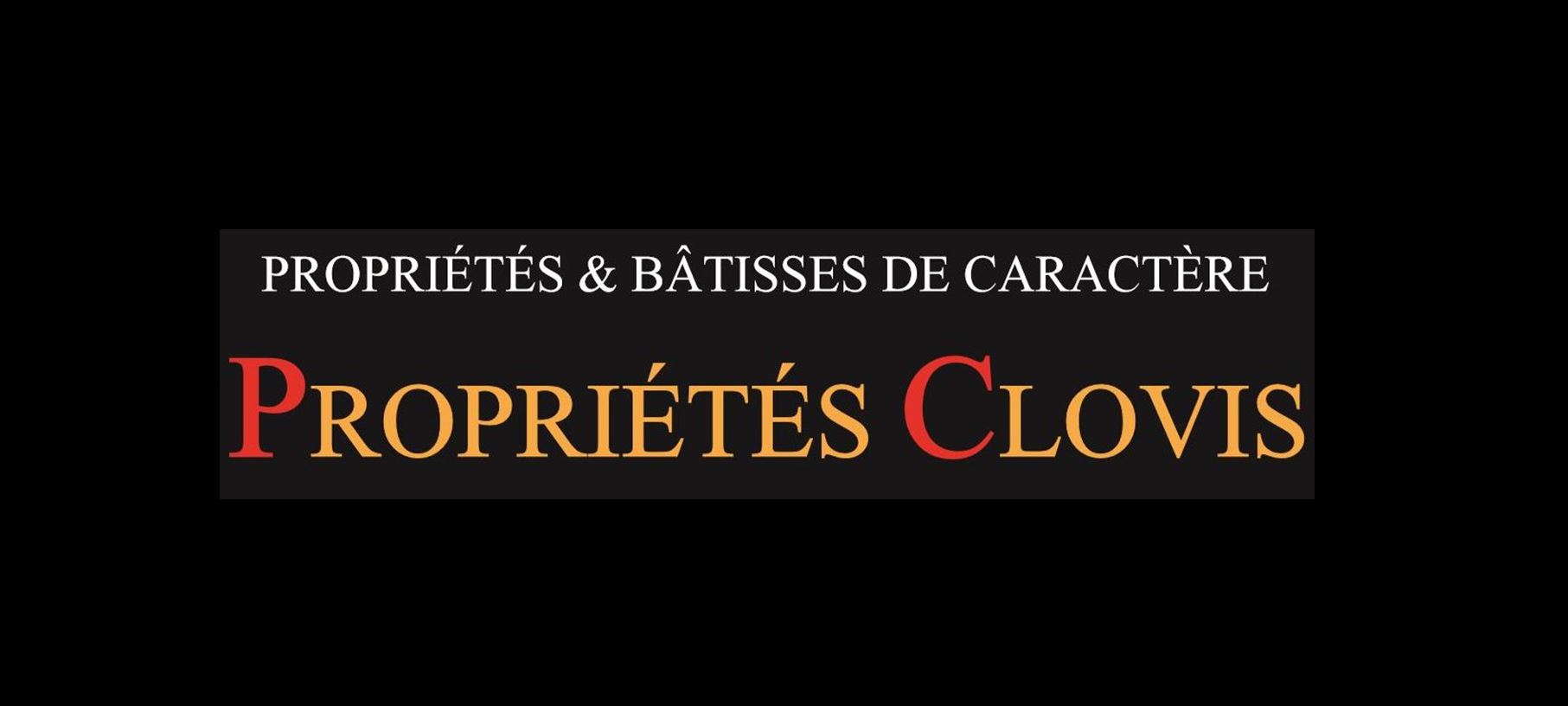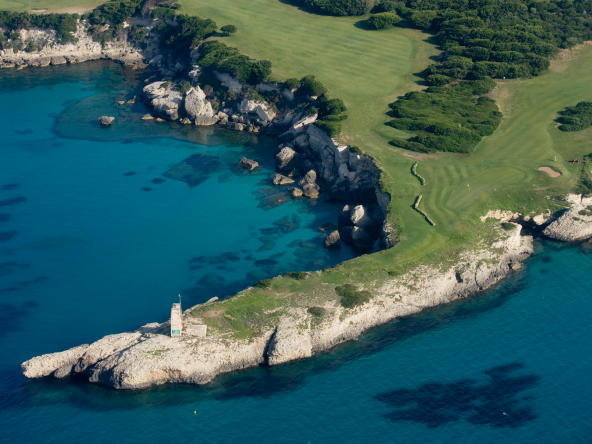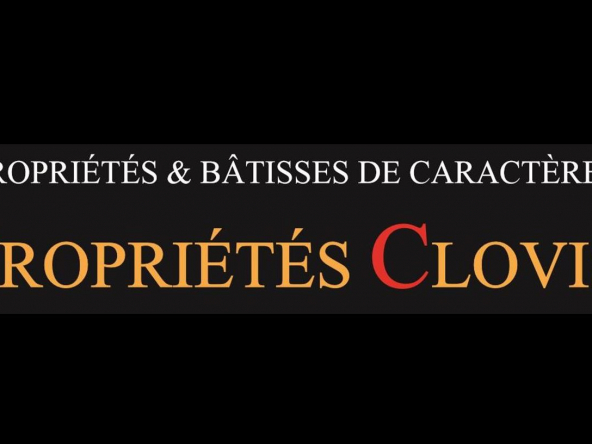Discover the criteria and methods for evaluating a luxury real estate property: location, architecture, high-end amenities, and more. Get an accurate and reliable estimate for exceptional properties.
How is a Luxury Real Estate Property Valued? Criteria and Methods
Valuing a luxury real estate property requires a detailed approach that takes into account specific criteria far beyond basic square footage or location. Elements such as architecture, history, high-quality finishes, and the surrounding environment all play a role in determining the value of these exceptional properties. Here’s a comprehensive guide to the main criteria and methods used to evaluate luxury real estate.
1. Location: The Key Factor in Valuation
Location remains the most important criterion when valuing a luxury property. However, location is not just about proximity to amenities; it encompasses the desirability and reputation of the neighborhood, access to natural landscapes, and the rarity of the location. For instance, a property located on the French Riviera, in central Paris, or in exclusive towns like Saint-Tropez, Cannes, and Megève will always command a higher price due to the prestige of these regions.
Factors considered when evaluating location include:
- Prestigious and secure neighborhoods: High-end residential areas with enhanced security, often home to influential personalities or wealthy families.
- Proximity to luxury services: The closeness of high-end boutiques, Michelin-starred restaurants, private golf courses, and prestigious spas.
- Panoramic views: Exceptional views, whether of the sea, mountains, or scenic landscapes, significantly increase the property’s value.
Location is the anchor that justifies the higher price tag of luxury real estate, with scarcity and exclusivity playing a major role in its valuation.
2. Architecture and Material Quality: Essential Criteria
The architecture and material quality of a property are crucial in valuing luxury real estate. These properties stand out for their unique design and top-tier construction. Whether it’s a contemporary villa, a historic château, or a modern loft, the value of a property depends heavily on its architecture and materials.
Architectural and material factors that add value include:
- Unique design: A property designed by a renowned architect or featuring a distinctive architectural style significantly enhances its value.
- Premium materials: The use of high-quality materials such as marble, solid wood, glass, natural stone, or precious metals signals luxury and sophistication.
- Authenticity and restoration: For historical properties, maintaining the original architecture or ensuring a high-quality restoration adds considerable value. The presence of unique architectural elements like frescoes, woodwork, or antique fireplaces boosts its appeal.
Architecture is more than just construction—it tells a story, reflects a particular lifestyle, and can add immeasurable prestige to the property.
3. High-End Features and Amenities: Unmatched Comfort
Luxury properties are synonymous with comfort, privacy, and exclusive features. These exceptional amenities are a fundamental criterion in evaluating prestige real estate. The presence of high-end facilities allows residents to enjoy a truly unique and exclusive living experience.
Typical luxury property features include:
- Relaxation spaces: Indoor and outdoor pools, saunas, steam rooms, private gyms, and spas.
- Advanced home automation: Smart systems that allow remote control of lighting, temperature, security, and multimedia devices.
- Security and privacy: Sophisticated security systems, video surveillance, private access, and advanced privacy measures ensure peace of mind for residents.
These high-end amenities are not only about comfort but also about offering a lifestyle that differentiates these properties from others on the market.
4. Outdoor Spaces and Green Areas: An Extension of Luxury
Outdoor spaces and green areas are also critical in evaluating a luxury property. A well-designed garden, terrace, or private tennis court can significantly increase the property’s value, especially in areas where outdoor space is in high demand.
Valuable outdoor elements include:
- Terraces and balconies: These outdoor spaces offer unobstructed views and additional relaxation areas.
- Landscaped gardens: Gardens featuring rare plants, mature trees, fountains, and sculptures provide a unique and refined environment.
- Leisure facilities: Tennis courts, sports fields, private pathways, vegetable gardens, or vineyards are all valuable additions to a luxury property.
Outdoor areas extend the living experience offered by the home and are particularly sought after in luxury properties.
5. History and Heritage: The Intangible Value
History and heritage are factors that add an extra layer of value to luxury properties. Properties with a historical background or those once owned by notable figures are often considered irreplaceable. The heritage and authenticity of a property can greatly influence its valuation.
Factors that influence the historical evaluation include:
- The property’s past: A former noble residence or a building classified as a historical monument holds immense heritage value.
- Authentic architectural elements: Elements such as frescoes, antique woodwork, fireplaces, or vaulted ceilings increase the property’s historical appeal.
- Rarity: A property with a unique history or rarity can far exceed the value of similar properties on the market.
The history of a property can significantly affect its market value, making it an invaluable asset to potential buyers.
Methods for Estimating Luxury Real Estate
Valuing a luxury property requires specific methods that take into account all the criteria listed above. Several approaches can provide a reliable and accurate estimate of the property’s value.
- Comparative Market Analysis (CMA)
CMA involves comparing the prices of recently sold similar properties in the area. However, for luxury real estate, this method requires a more refined approach to account for differences in style, amenities, and location.
- Income Capitalization Method
This method is commonly used for luxury properties with a commercial purpose, such as those intended for short-term rentals. It evaluates the value of the property based on the income it can generate.
- Expert Valuation by Luxury Real Estate Professionals
Luxury properties require specialized expertise to accurately determine their value. Experts in luxury real estate combine their knowledge of the market with their understanding of trends and asset management to provide a precise valuation.
Valuing a luxury real estate property is a complex process that requires careful consideration of multiple criteria. From location to architecture, amenities to heritage, each aspect contributes to determining the property’s value. Whether you are looking to buy, sell, or simply get an assessment of your asset, working with a specialized expert is the best way to ensure an accurate and realistic valuation.
Estimated Price: For a detailed assessment of your luxury real estate, contact us for a personalized and comprehensive evaluation.
Suivez Propriétés Clovis sur les réseaux sociaux : LinkedIn – Facebook – YouTube – Instagram – X Twitter
Follow Clovis Properties on social media : LinkedIn – Facebook – YouTube – Instagram – X Twitter




